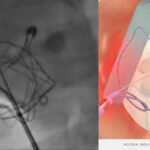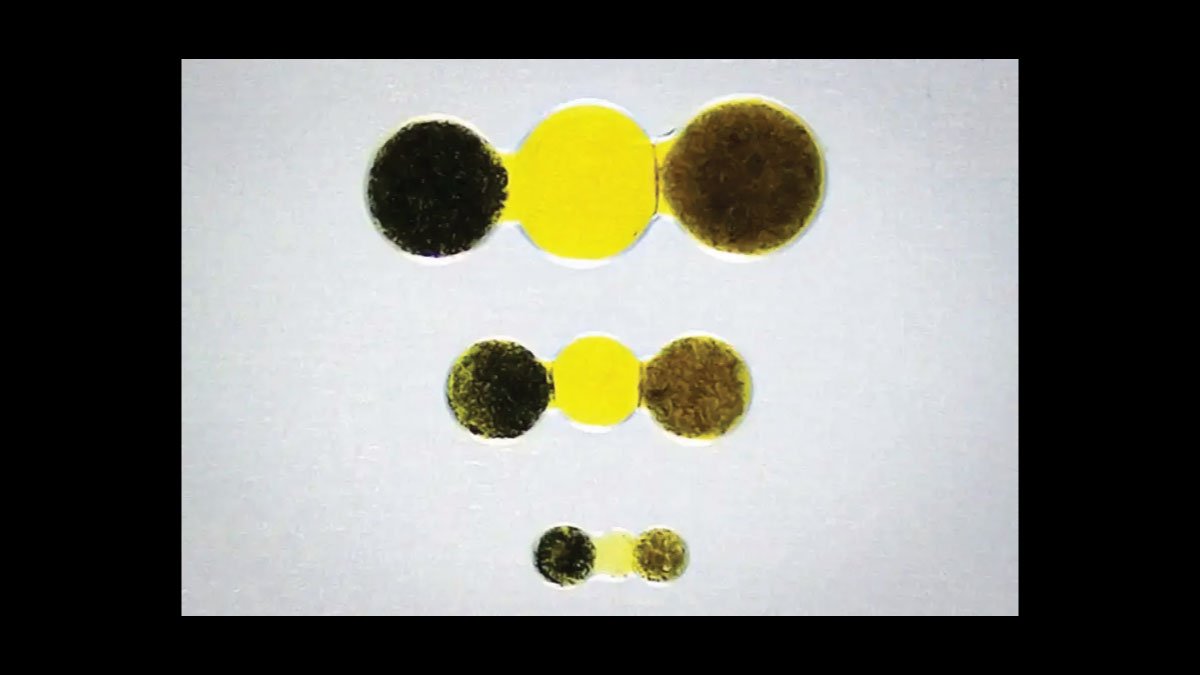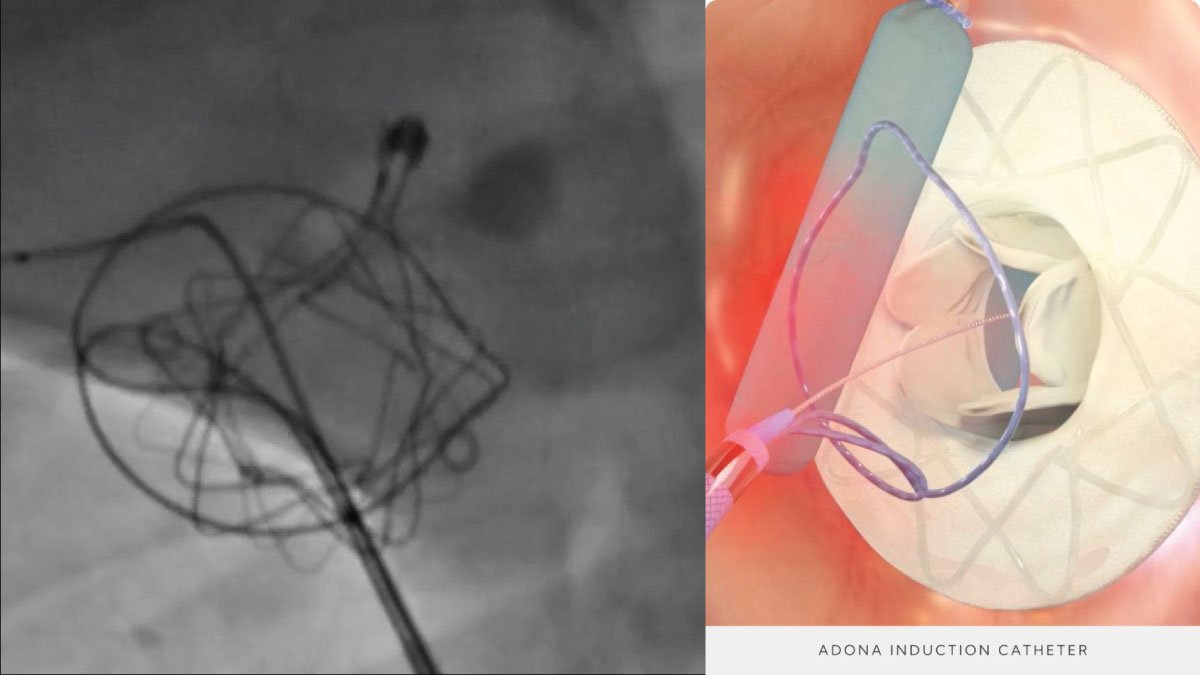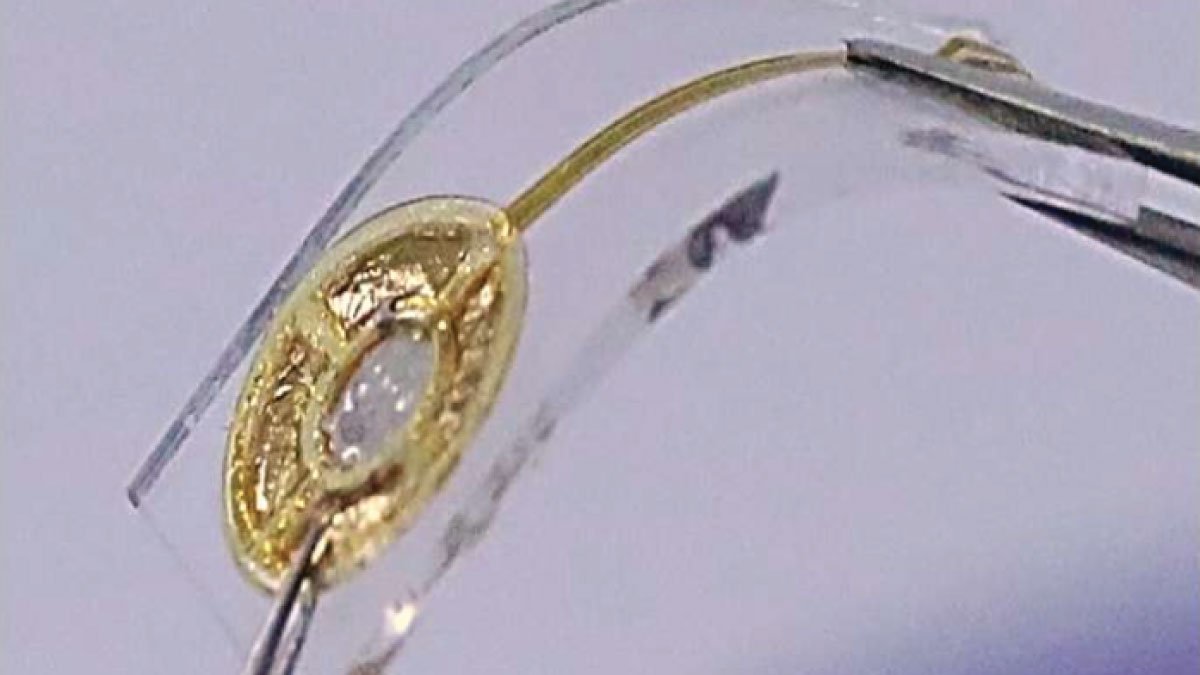Recent groundbreaking research has revealed a surprising discovery in the fight against cancer. Scientists have discovered that Fusobacteria, a type of oral bacteria commonly found in the human mouth, has the ability to melt head and neck cancer cells. This innovative approach opens new doors for cancer treatment, providing a less invasive and more targeted way to fight one of the most challenging diseases.
Benefits of Fusobacteria an Oral Bacteria in Cancer Treatment
- Targeted Action: The main advantage of using Fusobacteria in cancer treatment is its targeted action. Traditional cancer treatments such as chemotherapy and radiation often target healthy cells along with cancer cells, leading to serious side effects. However, Fusobacteria selectively targets cancer cells, thereby reducing collateral damage to healthy tissues.
- Reduced Side Effects: Due to its targeted nature, Fusobacteria treatment may cause fewer side effects than conventional therapies. Patients can expect a better quality of life during treatment, with reduced fatigue, nausea, and other common symptoms associated with chemotherapy.
- Cost Savings: Developing treatments based on naturally occurring bacteria could be more cost-effective than producing synthetic drugs. This cost reduction could make cancer treatment more accessible, especially in low- and middle-income countries.
Potential Applications in Medical Devices
- Local Delivery Systems for Oral Bacteria: Fusobacteria, an oral Bacteria could be incorporated into local delivery systems, such as injectable gels or implantable devices. These systems could ensure direct access of the bacteria to the tumor site, thereby maximizing treatment efficacy while minimizing systemic exposure.
- Combination Therapies using Oral Bacteria: The bacteria could be used in combination with existing cancer treatments to enhance their effectiveness. For example, combining the oral bacteria with immunotherapy could enhance the immune system’s ability to recognize and kill cancer cells, resulting in better outcomes.
Future trends in cancer treatment
- Personalized medicine:The discovery of the anti-cancer properties of Fusobacteria is part of a general trend towards personalized medicine. Future treatments could be tailored to each patient, using their unique microbiome profile to identify the bacterial strains most effective against their specific type of cancer.
- Non-invasive diagnostic tools: Research on Fusobacteria could also pave the way for non-invasive diagnostic tools. By analyzing the presence and activity of certain bacteria in the mouth, doctors could detect cancer at an earlier stage, improving the chances of successful treatment.
Conclusion
The discovery of the anti-cancer ability of Fusobacteria to kill cancer cells represents a significant advance in the field of oncology. This innovative approach promises cancer treatments that are more effective, more targeted, and less harmful. As research advances, the integration of bacteria-based therapies into medical devices and personalized treatment plans could revolutionize cancer care, bringing new hope to patients across the world.





















